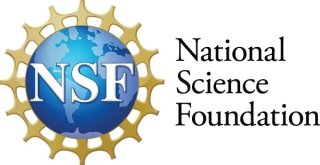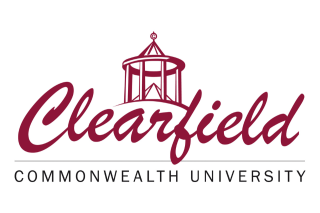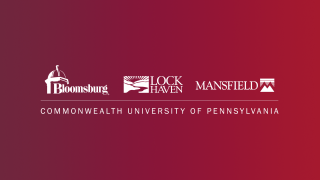Commonwealth University Offering Scholarships for STEM Students
Posted:
New CU-Thrive in STEM Program Will Support Financially Disadvantaged Students to Pursue Science and Technology Fields

Commonwealth University of Pennsylvania has been awarded a six-year $2.5 million grant from the National Science Foundation’s Scholarships in Science, Technology, Engineering, and Mathematics (S-STEM) program.
The grant, awarded for the CU-THRIVE in STEM Project, will fund renewable scholarships for an estimated 38 students beginning in the fall 2024 semester. Qualifying students pursuing bachelor’s degrees in biology, chemistry, computer science, digital forensics and cybersecurity, engineering, geosciences, mathematics, and physics at the Bloomsburg, Lock Haven, and Mansfield locations will receive four years of renewable scholarships up to $15,000 in last-dollar scholarships. Over its six-year duration, this grant will provide four years of scholarship support to three cohorts of 12 or 13 students or 152 scholarships to 38 unique first-time, full-time students.
The CU-THRIVE in STEM Program will also provide scholars with evidence-based academic, social, and professional supports. A summer bridge experience, first-year learning community, service-learning research project, customizable professional experience grants, peer and faculty mentors, and STEM-dedicated career development will set CU-THRIVE scholars up for success at CU and beyond in their STEM careers.
Interested students need to apply to Commonwealth University and be sure to complete their FAFSA form. Qualifications for the scholarship include academic and GPA measures, U.S. citizenship, and having unmet financial need. Scholarship application review begins Feb. 15, 2024. Information about the scholarship is available at www.commonwealthu.edu/college-science-and-technology/thrive-in-stem-scholarship.
Acknowledgment and Disclaimer: This material is based upon work supported by the National Science Foundation under Grant No. 2322581. Any opinions, findings, and conclusions or recommendations expressed in this material are those of the author(s) and do not necessarily reflect the views of the National Science Foundation.


